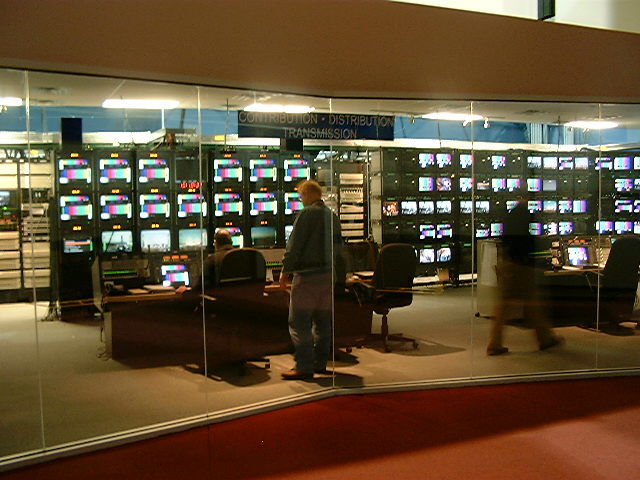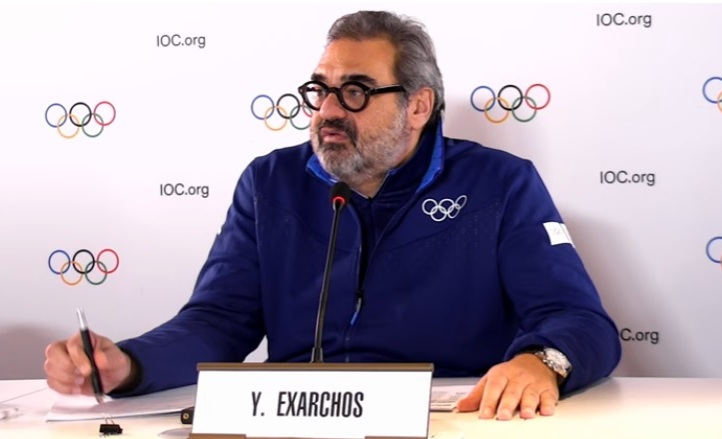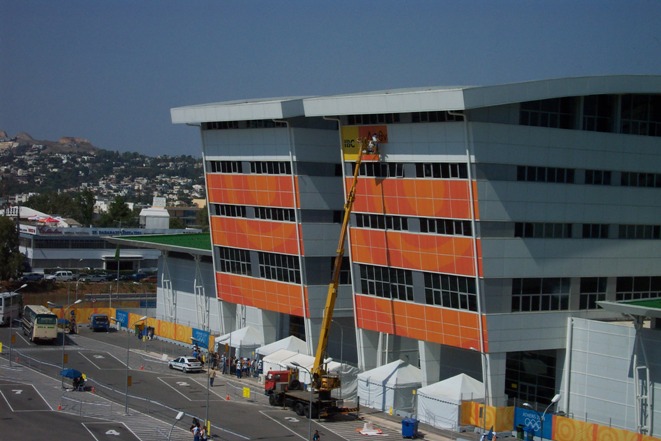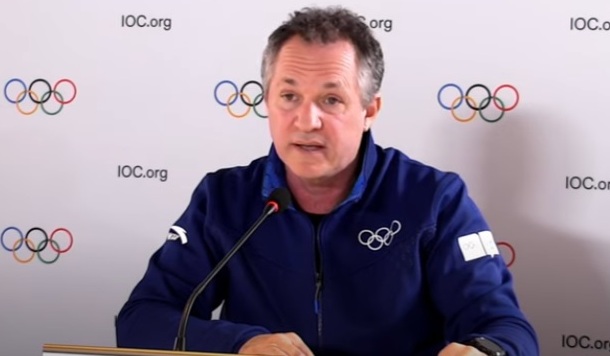Orlando Hosts Olympic Marathon Trials. Big Olympic Dreams Follow?
By Ed Hula
An inevitable question for Orlando leaders this weekend as the city hosts the 2024 Olympic marathon trials is whether this could be a prelude to a bid for the big prize – a Summer Olympics in the Beautiful City.
Assuming all goes well with the race on February 3, government leaders and boosters of sport and tourism in central Florida could be thinking about how Orlando might host a Summer Olympics one day. But with 10,500 athletes from 200+ countries, the summer Games are a big leap from the 374 runners in the Olympic marathon trials. Instead of one day of competition, the Olympics mean hundreds of thousands of spectators filling venues for 17 days straight.
Florida Assets Boost Readiness
Central Florida already plays host to millions of visitors each year so Olympic sized crowds should be easy to handle. Nonetheless the trials will give Orlando the chance to see how the pieces for an Olympic-class event fit together. Security, volunteers, and transportation, along with the crowds that will line the race route, will all get the chance to shine. It will perhaps ignite dreams of something bigger.
While the idea of an Olympics in Florida may sound far-fetched, Orlando would not be the first to lodge a bid for the Games. That distinction goes to Tampa, one of a half dozen US cities at the turn-of-the-century seeking to be the US nominee to go for the 2012 Olympics eventually awarded to London.
As the world’s leading tourist destination, Orlando is unmatched for accommodations. Sports venues dot the state from St. Pete/Tampa to Orlando and Miami. The Orange County Convention Center is big enough to hold several of the 30+ sports on the Olympic program. These cities are now connected by Brightline passenger rail, which also was just a dream when Tampa wanted the Games.
Get In Line for Olympic Bid
With Los Angeles picked to hold the 2028 Summer Games and a number of other locales around the globe already in line, another Florida bid won’t happen anytime soon. It could easily be 20 or more years before any U.S. city hosts the quadrennial event. Countries in Africa, Asia and Europe are likely to hold the Olympics ahead of the next chance for the U.S.
That kind of timetable should keep aspirations in Orlando on the humble side. There’s no rush to make big plans, and every reason to build slowly toward an Olympic future in Central Florida.
Olympics=Sustainability
The IOC has heard the complaints of critics about the cost and complexity of the Olympics. No longer does it expect newly built arenas or extravagant infrastructure just for the Games. Sustainability is key. Paris 2024 will build just one venue for this year’s Games. LA, in 2028, won’t build any.
An Orlando Olympics could turn the campus of the University of Central Florida into an Olympic Village, much like Atlanta did with Georgia Tech in 1996. Los Angeles will use the dorms at UCLA for its village. In 1984, LA Olympians were housed on the campus of USC.
At the moment, the Florida economy is strong and growing. Should it continue, Olympics organizers would find it relatively easy to sell tickets in the state besides the national and international markets. On the sponsorship side there should be plenty of national as well as Florida-based companies eager to fill sponsorship categories.
Stormy Weather Big Risk
The Olympics come with risk. Maybe those sponsorship sales don’t meet the revenue target. The pandemic could strike, which in 2020 forced the postponement of the Tokyo Olympics by one year, at great extra cost. But in Florida the biggest risk for a smooth running Olympic Games could be weather.
The dates for the Games normally fall in July and August, which for Florida could mean dangerous heat for athletes and visitors alike. It’s also the rainy season when thunderstorms could interrupt competition on a daily basis. And then there is the possibility of tropical storms and hurricanes. Factor the still evolving effects of climate change on the Sunshine State and meteorological conditions could be a dealbreaker.
New Gens Will Decide
The Olympics might seem a good idea for those looking at Orlando and the region in the years ahead. But the decision to go for the Olympics likely won’t be made by anyone in charge today. Orlando Mayor Buddy Dyer may be the longest serving in the city’s history, but he probably won’t be around to help 25 years from now.
Whether in Orlando or another city, the next Olympics in the U.S. after Los Angeles will be the domain of new generations. Millennials, Generations X and Z and their children being born now — will hold the reins of power when it becomes time to decide whether to bid for a mid-century Olympics in Orlando or any other U.S. city.
Fly Me to the Moon
A tantalizing final thought about the possibility of an Olympics in Florida: the U.S. has embarked on an ambitious program to return to the moon. Plans include colonization and commercial exploitation of space for manufacturing and communications.
I have speculated that as lunar colonies become routine, the notion of some form of physical activity would be part of living healthy on the cratered orb. So too might be Olympic-styled events in conjunction with the Games on Earth. Imagine the events that might be held on a lunar base: high jumps that are truly spectacular in low gravity; same for the long jump. Gymnastics would be out of this world.
In 25 years the timing could be right for Olympics on the moon. And what better place to mark this space first than from Central Florida, launching pad for U.S. galactic endeavors. Imagine the Olympic rings displayed on the VAB at the Kennedy Space Center, or floating above the moon’s horizon.
This weekend in Orlando the dreams may not be so grandiose as Olympics on the moon. But the quest of three men and three women to make the U.S. marathon team for the Paris Olympics will still be close to a superhuman task — for each of them, perhaps, a feat as mighty as reaching the moon.
Orlando for an Olympics? It begins with a dream.
Ed Hula is a resident of Mount Dora. He has covered the Olympics as a journalist and radio, TV and print since 1988.
He can be reached at edhula@hulasportcommunications.com.




